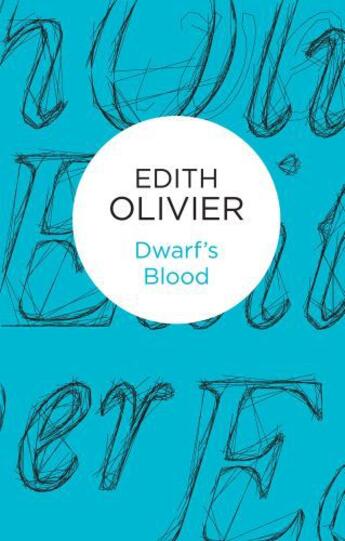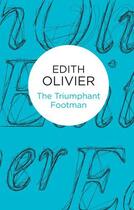-
Nombre de pages : (-)
-
Collection :
(-)
-
Genre :
(-)
-
Thème :
Non attribué
-
Prix littéraire(s) :
(-)
Résumé:
A contemporary of Cecil Beaton, Siegfried Sassoon and Rex Whistler, Edith Olivier is best known for her first book, the novella, The Love Child but was the author of a variety of both fiction and non-fiction, as well as becoming the mayor of Wilton, Wiltshire, in 1939.
In Dwarf's Blood, Olivier... Voir plus
A contemporary of Cecil Beaton, Siegfried Sassoon and Rex Whistler, Edith Olivier is best known for her first book, the novella, The Love Child but was the author of a variety of both fiction and non-fiction, as well as becoming the mayor of Wilton, Wiltshire, in 1939.
In Dwarf's Blood, Olivier has crafted a moral tale, reflecting the Victorian values of her upbringing while also incorporating a psychological study of her main character, Sir Nicholas Roxerby, who comes to England from Australia after inheriting the estate of Brokeyates from his great-uncle. Happy in his ancestral home, with the backing of his mother's millions behind him, Nicholas marries into the local gentry and lives a satisfying life until the birth of his second child. Hans is full of persuasive charm and gifted genius, but to Nicholas's horror carries the 'dwarf's blood' of the title, and he cannot find it within himself to accept a child that brings with him the reminder of a family skeleton he would rather forget.
In Nicholas's eyes, Hans suffers in comparison to his elder sister Portia, who is tall, healthy and beautiful, despite being completely insensitive, overbearing and unloveable; and for Althea, his wife, the cold-hearted rejection of her son by his father ruptures her happiness.
Though a vivid work of realism, Dwarf's Blood incorporates a touch of the eeriness found within Olivier's first work, The Love Child, and was described as a masterpiece among contemporary novels upon first publication in 1931.
Donner votre avis















